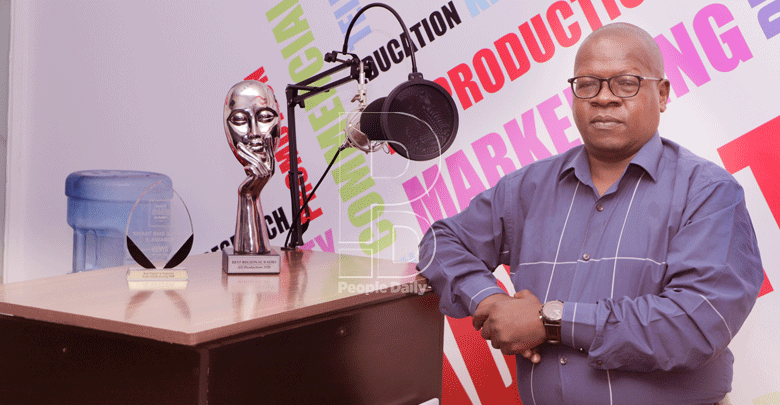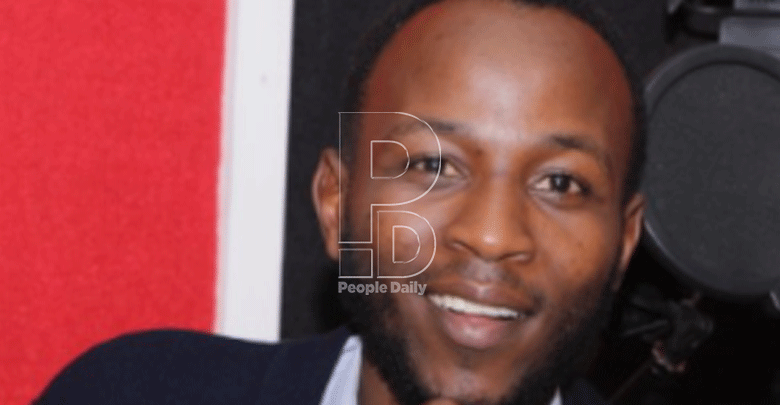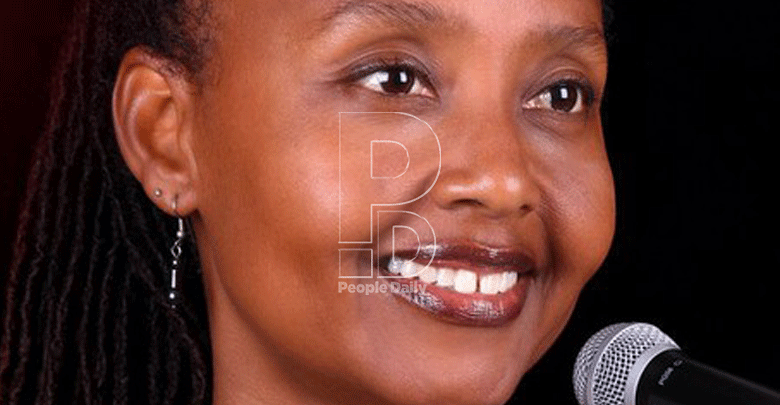Voicing a radio or TV advert or promotional material isn’t a popular profession!

Voicing a radio or TV advert or promotional material isn’t a popular profession. However, it employs many people and involves rigorous practice to hack. Nailantei Norari looks at the current state of voice artistry in the country.
The voiceover work is an important part of the creative industry. It drives both the TV and radio industries, as voices are needed for advertisements as well as to create a distinct brand sound.
While a majority of TV and radio stations opt to use in-house presenters to voice most of the station’s content, they at times have to outsource for voiceover talent.
This means that the more television and radio stations there are in the country, the more voiceover work there is.
When the Kenya Broadcast Corporation was the country’s sole broadcaster before the liberalisation of the airwaves in 1992, the voice over industry was still in its toddler stage, as the needs were smaller.
But this changed drastically when FM stations such as Capital FM and Radio Citizen entered the market in the late 90s, and with Kameme FM marking the vernacular radio revolution in 2000.
“The voiceover work landscape keeps changing. At the advent of vernacular radio, all stations used to run the same adverts in that they were all either in English or Kiswahili. You would get a vernacular station airing an English advert despite all the rest of the station announcements and presenters giving information in vernacular.

Over time, this has changed such that clients want their work translated and voiced in vernacular.
This has led not just to an increase in voiceover work, but also to increased brand awareness for clients as the information can now be understood by the mass market,” says Tom Mwenje, the founder of Mediatech Solution, a media buying and production company.
Tom has more than a decade of experience in the media industry. He details how important translation and voicing of adverts is for regional markets as this has increased brands reach to vernacular markets that were previously locked out of when there were no vernacular stations.
This is similarly beneficial to the masses as there are more choices for them to pick from which invariably translates to value.
Path less treaded
Kirimi Mwirigi, a voiceover artiste who can work in multiple languages and is currently the voice of Meru FM, echoes these sentiments.
He is a direct beneficiary of the vernacular radio boom as it allowed him to voice not just in English and Kiswahili where there is stiff competition, but in his mother tongue as well, where not so many tread. But what does it take to be a great voice over artiste or the voice of a radio or TV station.
“It takes a lot of hard work and persistence. When I started out, I knew I wanted to do voiceover work, but I did not know how to start.
So, I decided to learn. I would wait for the voice artistes at one of the radio stations to finish with the scripts, and then keep a database of the same.

I would listen to the final product on radio then practise the scripts when alone. Over time, my diction and cadence got better.
Now I have a full time job in advertisement were I translate and voice commercials and radio properties,” Kirimi intimates to Spice.
As to whether there is any secret to voiceover work, Kirimi says there is none. Just approach a script with the client’s expectations in mind, and aim to deliver on them and exceed them.
It is important to know that voice is theatre of the mind; someone should be able to hear the voice and connect to your message even with their eyes closed.
Future outlook
Renowned voice coach and artiste Jennifer Kanari believes that voicing work is just like any other profession.
She says voiceover work can pay well if one is committed and dedicated to the script at hand. She is a member and founder of the Voice Actors League of Kenya, a database of African voices in different languages and is passionate about upskilling voiceover talent. Jennifer has worked with numerous talents imparting knowledge on diction, pronunciation, packaging and job opportunities and how to leverage that in the market.
“My work as a voice coach is to help you use your natural voice in an optimal way.
It might be with a view of finding voice over work or with the view of just being a better-spoken person. It is one way of using my experience in the voice over industry for good,” she says.
As to how the future of voice-over work looks like, Tom believes that quality of audio products will be higher with the increase in production companies, hence the need to do better to stand out.
He believes that the advent of newer and better technologies will also raise the quality of voiceover work produced.
Kirimi echoes this, saying that digital technologies will ease and devolve production of voice over work.
“People have phones that can produce high quality audio. One can also buy a noise-cancelling microphone and attach it to the phone and produce great audio.
Technology is, therefore, easing the cost of producing voiceover work and making it more accessible to more people.
I cannot wait to see what new tech heralds for the voice over industry,” says Kirimi in conclusion.










